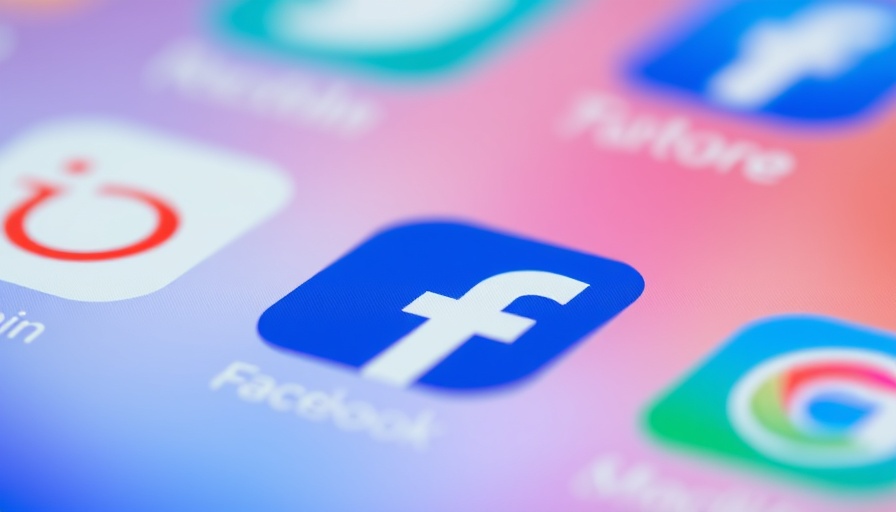
Why Meta's Crackdown Matters for Content Creators
Meta, the parent company of Facebook, is taking decisive action against accounts that share what they describe as "unoriginal content." This shift, announced recently, reflects a growing concern in the tech industry regarding accountability and originality in online content. Following a similar initiative by YouTube, Meta has decided that repeated re-sharing of someone else's photos, texts, or videos harms both creators and the overall user experience.
A Shift in Social Media Policies
This latest move from Meta coincides with the challenges posed by new AI technologies that facilitate the easy duplication of content. As these technologies grow stronger, the line between original and duplicate content becomes increasingly blurred. YouTube’s recent policy changes on unoriginal content serve as a precursor, indicating a noteworthy trend within social media platforms aimed at regulating the quality of shared content.
Understanding the Impact on Users and Creators
Meta has already removed about 10 million accounts impersonating notable content creators and has targeted over 500,000 accounts engaged in spammy behaviors. This rigorous approach marks a significant shift toward prioritizing authenticity over quantity of engagement. For individual creators, this means greater protection against counterfeit accounts, potentially translating into a more equitable digital landscape.
The Consequences of Reusing Content
Creators who rely on reposting others' works may face serious penalties under these new rules. Accounts that misuse content by reposting without adding new insights or context risk losing their monetization privileges. As stated by Meta, the company will also implement a system to link duplicate videos back to the original creator, which could enhance transparency and hopefully drive traffic to legitimate creators.
Challenges and Criticisms of Automation
Despite these steps towards safeguarding originality, users have raised concerns about Meta's reliance on automated systems to enforce these policies. A petition signed by nearly 30,000 individuals urges Meta to address the issues of wrongfully disabled accounts, showcasing the growing frustration among small businesses reliant on the platform. Calls for improved human oversight emphasize the need for balance between automated enforcement and user support.
Hope for a Fairer Digital Space
The implications of Meta's crackdown are significant for both casual and professional content creators. By taking a stand against useless duplication and prioritizing original works, Meta aims to create a healthier user environment. Users engaging with the network, whether to create reaction videos or merge trends, won't be penalized unless they repeatedly share unedited content. This strikes a balance between nurturing creative expression and maintaining content integrity.
The Bottom Line for Creators and Users
As Meta and other platforms take substantial measures to promote originality and authenticity, the future landscape of content sharing may look drastically different. For users, engaging with legitimate, original content will foster a richer community, while encouraging creators to innovate rather than copy.
This movement toward originality not only serves to protect creators but ensures a more rewarding environment for users, enhancing the overall quality of content dissemination across social media platforms. Ultimately, nurturing unique voices will drive this industry forward towards greater respect for intellectual property.
 Add Row
Add Row  Add
Add 



Write A Comment